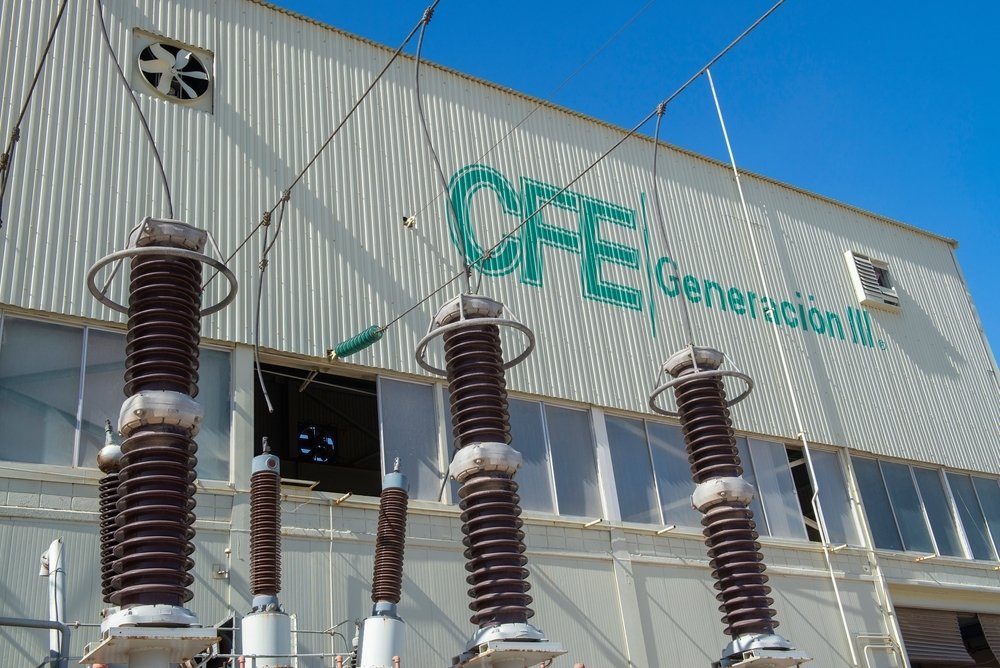From Regulators to Political Subjects. The Energy Sector Without the Independence of CRE and CNH

Juan Pablo Hinojosa
It is likely that Andrés Manuel López Obrador (AMLO) will not step down before effacing the autonomy and independence of the energy regulatory agencies. The Federal Regulatory Energy Commission (CRE) and the National Hydrocarbons Commission (CNH) are the two main agencies that are key to the technical and economic governance of the energy sector. Thus, on February 5, 2024, the anniversary of the 1917 Constitution, the president submitted a bill to amend the same by which these agencies will no longer be individual entities, governed by their respective laws, and entitled to exercise their specific competences. Instead, they will become part of Mexico´s energy secretariat (SENER).
To understand AMLO´s animosity towards these agencies, it is necessary to briefly explain their history and purpose. CRE was created by law in 1995 mainly to facilitate the creation of a natural gas market by liberalizing the sales, transportation and storage of natural gas. Before that, those activities were exclusive to Pemex. Heavily burdened with red tape, Pemex was considered an inefficient player and, until AMLO came to power, one of CRE´s main duties had been to eliminate the state company´s entry barriers as a dominant player. In terms of electricity, CRE began only by granting generation permits; while, following the Peña reform, it became a key player in the operation of the electricity market in which third parties had been allowed to compete with CFE in equal terms in power generation, trading and supply.
The upstream regulator, CNH, came much later, with the 2008 reform, under the auspices of Felipe Calderón. At that time, there was no liberalization of upstream activities. Nonetheless, said reform was aimed to guarantee that Pemex would operate oil and gas fields with optimal efficiency. Thus, CNH was created to ensure the efficiency of operations and production profitability. Following the 2013 reform, CNH became a key player in performing the competitive processes so that E&P contractual areas would be awarded to third parties and Pemex, on equal footing.
The former paragraphs should clarify why AMLO, on February 5, 2024, launched a Constitutional bill to reduce, if not erase, the energy regulatory agencies. At the time of their creation, their mission was to restrain Pemex and CFE from encumbering energy consumers with their dominance. Gradually, however, as energy markets opened in Mexico, and competition ensued, CRE and CNH were empowered to do much more than just haltering Pemex and CFE. Their task became much more complex, while its scope widened. In particular, the CRE embarked in working towards efficiency in the natural gas, fuels, and biofuels market, while it became one of the arbitrators in the competitive race to build a cleaner and more efficient power sector.
Markets, efficiency, monopoly restraint, competition and non-discriminatory treatment are concepts that clash with AMLO´s national policy. Thus, it is no wonder that his Constitutional bill intends to shrink these agencies, while encasing them within the organizational structure of SENER, although it is still an enigma of how they will be transformed. The bill, which was approved by the Constitutional Review Commission of the lower chamber of Congress (Comisión de Puntos Constitucionales de la Cámara de Diputados), in August, 2024, is rather vague about how these agencies may evolve. All that is know is that they will be a part of SENER, will no longer be legal persons, will likely lack technical autonomy and will become a subject of the political decisions of SENER.
Although the bill is still to pass the full constitutional reform approval procedure, its consequences can nevertheless be predicted. As this initiative is complementary to another, separate one, that favors CFE and Pemex as the central players of the energy sector, the regulators will ostensibly favor the state companies, with disregard to their efficiency and better practices. This will affect users of all sizes and scales. The quality and pricing of energy goods and services will be as volatile as political will.
On the other hand, these discriminatory and anticompetitive edge will lead to strain the relationship between the United States and Mexico. In particular, it poses constrains to Norh American market integration by creating entry barriers to the natural dynamism that comes from the engagement between the industries of Mexico and the United States. Further, a myriad violations to the United States-Mexico-Canada Agreement (USMCA) may spur from this constitutional reform with a collateral of arbitration procedures, be they commercial, investment or State to State. A horizon that is prolific in litigation is likely to ensue.
For those who still harbor great expectations from nearshoring and given the ongoing concerns of a shortage of gas and clean energy to provide for the incoming companies, putting Pemex and CFE in an advantageous position may put an end to such aspirations. In their current state, the national energy companies do not meet domestic demand and have been faltering in providing power and fuels for existing demand, less so will they be able to face a growing one.
Ironically, this constitutional reform may be one that is spearheaded by AMLO but that may, or may not, be in accordance with Claudia Sheinbaum´s —still yet to be seen— own energy policy. Her predecessor is moving steadfastly to tie her to the continuance of what is called the transformation of Mexico, although it is still rather obscure into what that may be.
About the Author












